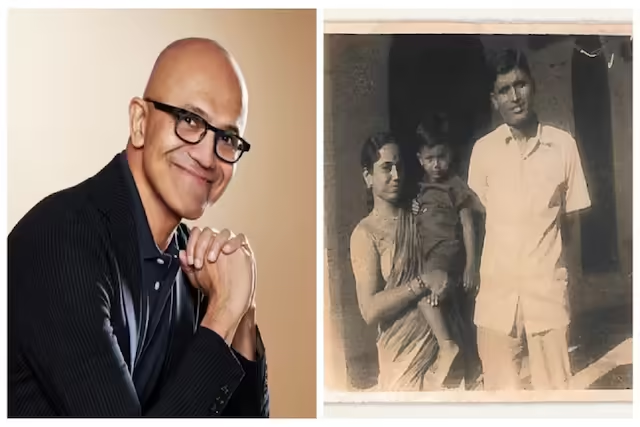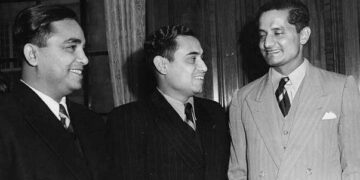Krishna Singh (English: Krishna Singh, born: October 21, 1887, Munger district, Bihar; death: January 31, 1961) was the first Chief Minister of Bihar and an advocate. It is famous by the name of ‘Bihar Kesari’. Krishna Singh was the Chief Minister of Bihar from January 2, 1946 until his death. Bihar was the first state in India where the zamindari system was abolished under his leadership. Along with Dr. Rajendra Prasad and Anugrah Narayan Sinha, he is also known as the creator of modern Bihar.
Krishna Singh was born on October 21, 1887, in Munger district, Bihar. He did M.A. from Kolkata University. And took a law degree and started practicing law in Munger. But when Gandhiji started the non-cooperation movement, he left advocacy and spent the rest of his life in public works. He was arrested for boycotting the Simon Commission and participating in the Salt Satyagraha.[1]
Krishna Singh was a very dynamic advocate. He was elected member of the Central Assembly in 1937 and of Bihar Assembly in 1937 itself. He became the Chief Minister of Bihar in the first Congress cabinet of 1937. On the question of release of political prisoners, he and Uttar Pradesh Chief Minister Govind Ballabh Pant had forced the British government to bow down by threatening to resign. When the Second World War started in 1939, Krishna Singh’s cabinet resigned. Gandhiji had appointed Singh as the first Satyagrahi of Bihar for the individual Satyagraha of 1941. He remained in jail even during the Quit India Movement of 1942.
In 1946, Krishna Singh again became the Chief Minister of Bihar and remained in this post till his death in 1961. Many important works were done in Bihar during his tenure. Zamindari system ended, the fertilizer factory of Sindri, the oil refinery of Barauni, the bridge on Ganga in Mokana are especially notable among these.
Krishna Singh died on January 31, 1961 in Bihar.






